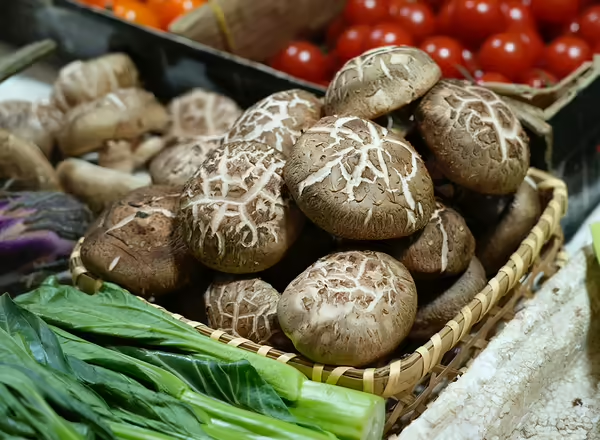
MGAP is still an industry standard for the Agaricus farmers and the voluntary certification program has some helpful information for Illinois specialty mushroom farmers.
- Though MGAP is currently a voluntary inspection process, there are several ways to fail the inspection. Read the Mushroom Good Agricultural Practices Audit Checklist and conduct a mock-inspection on your current operation.
- Address areas where you are deficient, especially as you write the protocol for your farm’s food safety plan.
The USDA MGAP program was developed predominantly for the Agaricus family of mushrooms since they are grown on composted manure beds that pose a higher risk of foodborne illness and contamination than the substrate typically used for specialty mushrooms.
Illinois mushroom farmers growing other non-Agaricus species could still get their farms MGAP-certified. Because MGAP was predominantly created for operations raising Agaricus species, much of the MGAP program may not apply to specialty mushroom growers, or only tangientially. Still, deciding to get MGAP-certified or not is largely up to the producer and may depend on what markets they are attempting to access – which may require that they certify.
Penn State Extension has several online resources to meet Good Agricultural Practices (GAPs) and Food Safety Modernization Act (FSMA) standards specific for the mushroom industry. Read the Mushroom GAPs Audit and FSMA Resources website.